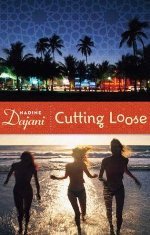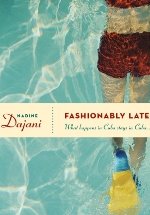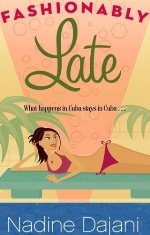
I have a friend who once proclaimed that history has little to teach us because it seldom repeats itself. (In her defense, we were pretty young at the time)
But the arrogance of youth aside, I think the reason some people fail to see themselves in the past probably has something to do with self-awareness (or rather, lack of) and an inability to see the forest for the trees.
I can already see people watching Goya’s Ghosts, an excellent movie I rented this weekend (out last summer), and ascribing Goya’s anguish to the cruelty of his time rather than the cruelty of human nature in general, and its propensity towards fanaticism over compassion.
There's nothing subtle about Goya's Ghost, with lines like “in these troubled times [we] deemed it necessary to bring [torture] back….” Of course, the church of the Inquisition never used the word “torture” either, but “the Question”, as in, “if you are put to The Question, God will grant you the grace not to falsely confess to something you’re not guilty of….”
Or: “[they] will shower us with flowers and rose petals in the streets…” the “they” in this instance referring to the regular people in Spain awaiting “liberation” from the monarchy and a corrupt clergy by Napoleon’s army (I'm too lazy to look up the actual transcrips, so there's some paraphrasing here. Sorry)
Goya watches one set of perverted ideals take over another set of perverted ideals, power passed around between a select privileged and lucky few like a game of high stakes hot potato, with regular people shouldering the human cost of this macabre game.
Nathalie Portman was great as an embodiment of human misery and helplessness, in the face of stacked odds and just pure bad luck.
We also get the benefit, throughout this movie, to see some of Goya’s body of work and how he synthesized and recorded all this pain around him. For that alone, I’d say the movie is worth it, especially for art buffs.
Ultimately though, my only beef with artists like Goya (and writers like Flaubert and Zola), who see things as they really are (as opposed to buying in to the optimistic, know-it-all stand of the established powers) and convey them to us as best as they can, is that ultimately they offer no alternative. Maybe this is why human nature is still so vulnerable to know-it-alls. We’d rather follow an asshole who’s convinced of what he’s doing, rather than a guy who tells you “look, I don’t know what the answer is, but this isn’t it. Hopefully I’ll know it when I see it”.




